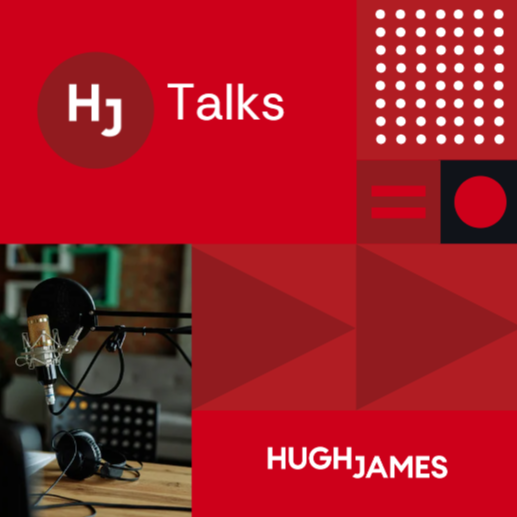Episodes

Friday May 15, 2020
Abusive Sexualities: An Interview With Dr Michael Salter
Friday May 15, 2020
Friday May 15, 2020
In this episode of the HJ Talks About Abuse podcast, Alan Collins discusses the role that institutions take in producing abusive sexualities with Dr Michael Salter. The discussion centres around the trend of people, particularly men, who are in positions of power being able to sexually abuse people within the institutions they are part of.
What is it about the institutions themselves that produces or at least encourages people to offend?
When the people within institutions lose their identity as individual people, but instead begin to be seen as numbers, they lose their voice and their power which leaves them vulnerable to abuse.
This loss of power can apply to anyone, although it is most common among children and young women.
Dr Salter gives the example of young actresses being seen as interchangeable leaving them vulnerable to sexual exploitation. They are seen as powerless and voiceless, which means that the movie executives they are reliant on have opportunities to offend that they wouldn’t have if the young women had a voice and were treated more seriously.
There can be a generational component to this kind of abuse where those who were abused or were witnesses to others being abused then grow up to be part of the same institutions. They are then more likely to either become perpetrators of abuse or to reinforce the culture of silence about the abuse that occurs as it has become the accepted norm within the institution.
In one prestigious school in Australia, a student went on to become a teacher at the school and was subsequently convicted of grooming and abuse. People who knew about the abuse remained silent because of the homophobic culture within the school and the potential consequences of word of the abuse getting out. Many top solicitors, barristers, politicians and business leaders sent their children to that school and had spent many thousands of dollars on tuition to ensure that their children had the best chances of success. These parents also contributed to the culture of silence as any whisper of a scandal might jeopardise their children’s futures.
Our institutions will continue to produce and perpetuate abuse unless we are willing to make the kinds of changes that would give children their voice back and ensure that the culture of silence ends.
Until that time, the Abuse Team at Hugh James continues to give survivors of child sexual abuse their voice back by helping them to access justice. If you would like to speak to Alan Collins about your experiences with abuse within an institutional setting, you can email aboutabuse@hjtalks.co.uk.

